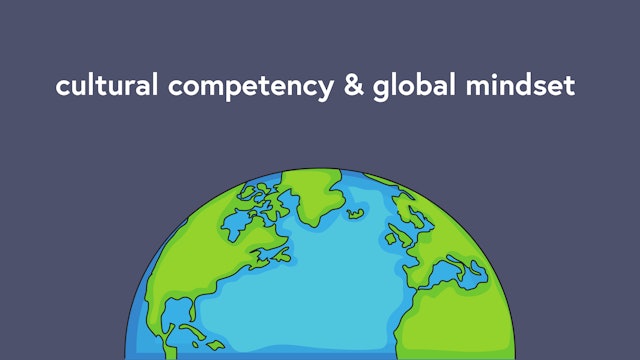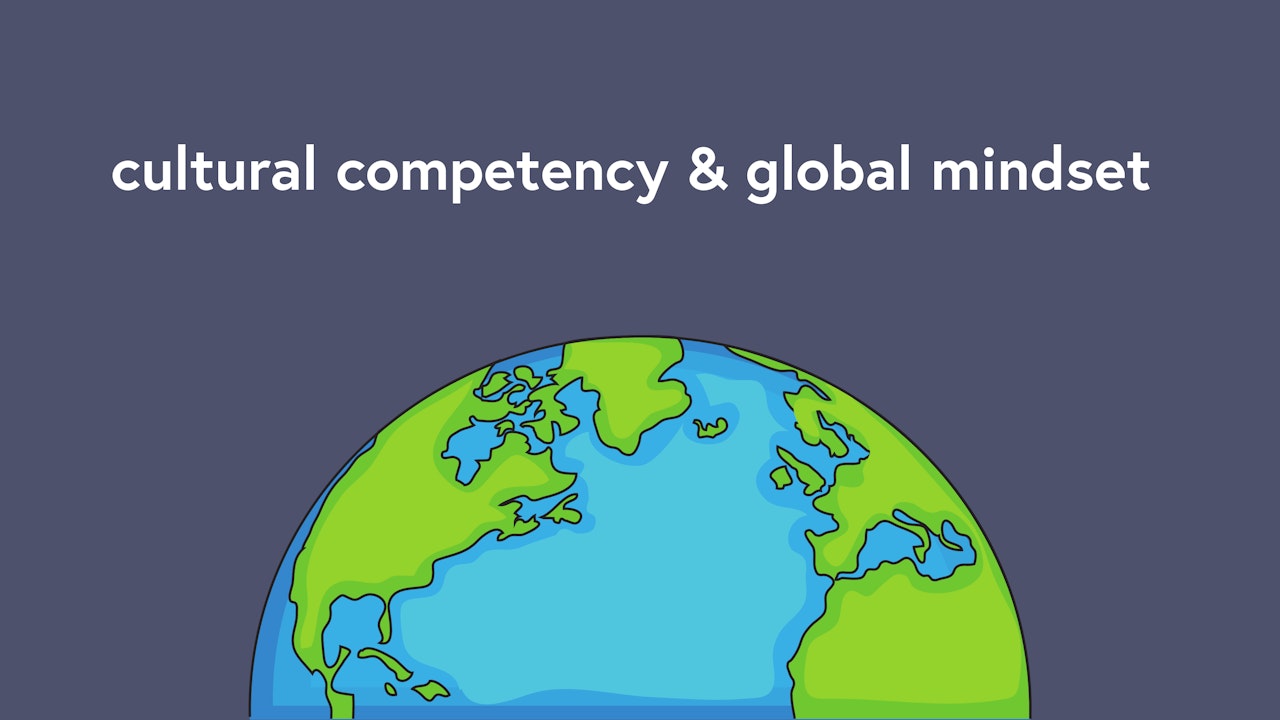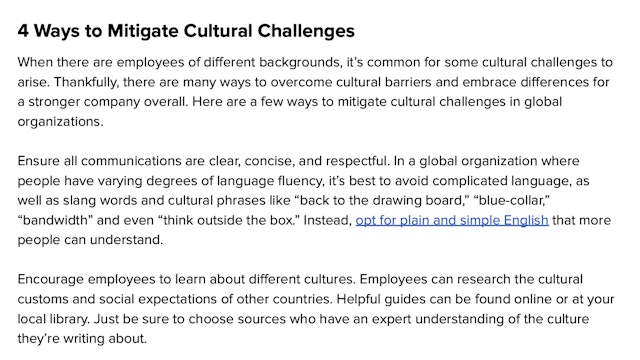-
How Can I Learn Intercultural Competence?
Intercultural competence is a range of skills that enable us to communicate effectively and work together across cultures. Learn how to build intercultural competence through education and practice.
-
What is Multicultural Competency?
Learn what multicultural competency means and how embracing and celebrating the cultural differences of your team members can improve employee engagement, retention, productivity, problem solving, teamwork, and innovation.
-
What is Global Diversity Month?
October is Global Diversity Month, a celebration of diversity in cultures around the world. This month-long celebration reminds us to stay connected, to appreciate each other, and to celebrate our multicultural identities.
-
Islam, Muslim, or Islamic? Religious Terminology 101
When working with Muslim colleagues and customers, it’s important to understand the difference between the words Islam, Muslim, and Islamic. Here’s a brief overview of what they mean and why that difference is important.
-
How Do I Test Employees for Cultural Competency?
Cultural competency is a crucial skill set for many employees, especially those who work for multinational companies. Learn how to test your employees for cultural competency.
-
Build Cultural Awareness and Agility
Cultural awareness and agility are crucial to business success. Learn how to shift the culture within your organization so that DEI is embedded within your processes and procedures throughout every department and level of the company.
-
Respecting Diversity in Multinational Organizations
With more and more companies doing business globally, employees must be proactive about respecting their colleagues from other cultures and executives must know how to build cultures of inclusion where everyone feels welcome.
-
Global DEI: How to Improve Cultural Competency at Multinational Organizations
131 KB
-
Is Buddhism a Religion or a Philosophy?
Learn more about Buddhism, a spiritual practice that is followed by as many as 535 million people around the world. Consider why Buddhism can be considered a philosophy, a way of life, and a religion.
-
How Should We Celebrate Global Diversity Month?
October is Global Diversity Month, a time to appreciate the diversity of cultures, communities, and customs around the world. Here are a few ways to celebrate Global Diversity Month at home, in the workplace, and in your community.
-
Religious Demographics of the United States
The United States is a country of many different religious traditions. 65 percent of the population identifies as Christian, 29 percent identify as nonreligious, and the rest belong to religions such as Judaism and Islam. Here’s a deeper look at America’s religious demographics today.
-
Mitigating Cultural Challenges in Global Organizations
In a multinational organization with employees of all different backgrounds, it’s common for some cultural challenges to arise. Learn how to mitigate cultural challenges in global organizations.
-
Culture Shock: Navigating Ideological Differences Between Your Employees
Ideological differences between coworkers can create rifts in the workplace. However, there are ways of navigating them with kindness and understanding. In this video, we discuss some of these tactics.
-
How Should We Celebrate Hispanic and Latine Heritage Month?
Get helpful tips for how to honor and celebrate Hispanic and Latine Heritage Month (September 15-October 15) at home and at work. If you’re not a member of the Latine community, this month is a great opportunity to learn, experience, and show your support.
-
What Diversity Issues Are Important Around the World?
Many diversity issues are similar around the world, but some areas are different. Learn a few of the most common diversity issues from a global perspective.
-
What Is Sikhism?
Get a basic understanding of Sikhism, the world’s fifth-largest religion. Learn where and when Sikhism originated. Explore the central elements of Sikh philosophy. Consider why learning about the world’s religions helps build cultural competency and stronger organizations.
-
How Do You Gain ESG Experience?
Environmental, social, and governance (ESG) factors are of growing interest to companies and their employees. Learn a few steps you can take to gain ESG experience and position your ESG initiatives for success.
-
Why Is It Important to Understand Other Religions?
In today's multicultural workforce, an understanding of the different religions that people practice isn’t just a sign of respect—it’s a competitive business advantage. Discover the importance of learning about different religions and spiritualities.
-
What Is Cultural Appropriation?
Understand the term “cultural appropriation” and how it exploits and harms underrepresented cultures. Explore the important difference between cultural appropriation and cultural appreciation.
-
What is Russophobia?
In the wake of Russia’s invasion of Ukraine, there has been a wave of anti-Russian sentiment in the United States and around the world. This generalized bias against an entire community causes harm to everyday people, and we are already seeing the ramifications of modern Russophobia.
-
What Is Hinduism?
Improve your familiarity with Hinduism the third-largest religion worldwide, with over 1.2 billion followers. Find out more about the Hindu religion’s diverse array of beliefs and cultural traditions. Identify ways for you and your organization to be inclusive of Hindu colleagues and customers.
-
Identifying ESG Metrics That Matter
With many different ways to measure environmental, social, and governance (ESG) criteria, how do you identify the metrics that matter the most? The answer depends on your values, but there are international standards that provide a guideline.
-
What is Evangelical Christianity?
The term Evangelical Christianity refers to a Protestant movement that traces its roots back to the early 1700s in colonial America. Nearly a third of all Americans identify as Evangelicals, and many attend denominations like the Southern Baptist Convention and a host of non-denominational churches.
-
Why is Columbus Day Called Indigenous Peoples’ Day?
Get a helpful overview of Indigenous Peoples’ Day. Explore why a growing number of states, companies, and individuals are now choosing to observe this holiday instead of Columbus Day. Consider ways to honor, respect, and support the Native American community.


























